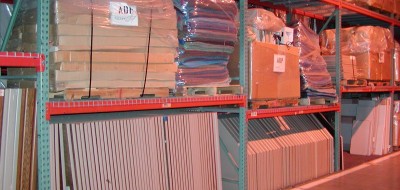Today’s housing market isn’t so great for sellers who want a large return on their investment, but it could be ideal for those who want to buy a home for low cost. This is especially true of people wanting to move after buying a foreclosure. Buying a foreclosure can actually mean saving a great deal of money, but it can also be a major headache.
In order to enjoy success when moving, you have to know what you’re doing and put in all the extra effort. This is particularly true when you buy a foreclosure. With a little extra elbow grease, you can enjoy a new home at a lower cost. Who doesn’t want to move into a new house they pay so little for!
The foreclosure market is a growing one, due to the economy, job market, and bad mortgages that were issued over the past few years. But, you have to be careful when dipping into this pool. Knowing that, you will be ready for the risk.
In most cases, foreclosures are about 20% less than homes listed conventionally. So, when you save 20% on the cost of your home, you have more money to spend once you move in on things like new appliances, home improvement supplies, or maybe that long-awaited vacation after you move.
All those savings don’t mean a thing if you aren’t ready for the risks, though. When you buy an uninhabited home that has gone through a foreclosure, the whole process becomes a little more complex. Many foreclosures also fall into some state of ruin, so you could say they are all fixer-uppers in a way. That’s where what realtors call “sweat equity” comes in.
What is “sweat equity?” This phrase is commonly used in the real estate and moving industries to refer to the willingness of a homebuyer to fix up the house they’ve just bought. But, just remember, it isn’t real equity. So, if you are buying a foreclosure in today’s market, you’ve got to make sure you have a buyer for your current home or at least a renter.
If you are currently renting your home, you don’t have to worry as much since you won’t need to cover two mortgages if your current place doesn’t sell. But, if you do need to sell your current home, it’s always better if you do so before you move. If you can’t, you may need to come up with some creative ways of fixing up your new home on a budget.
So, if you are ready to dip your toes into the foreclosure market, we wish you the best of luck! And with the money you save, maybe you can hire a good moving company to handle your relocation!
Katie Steil





